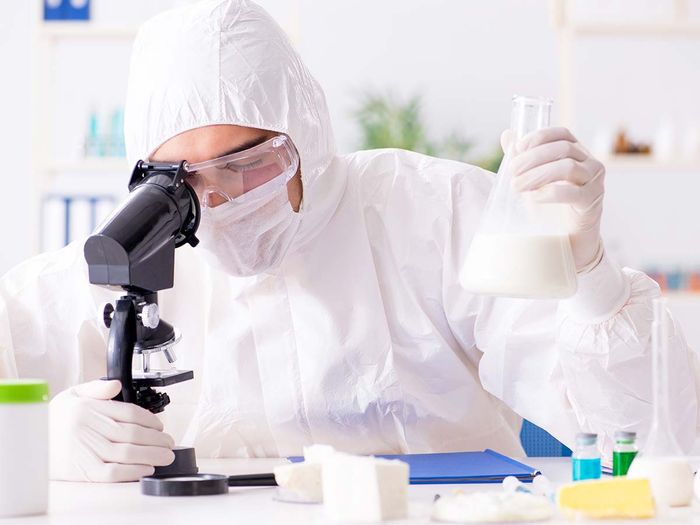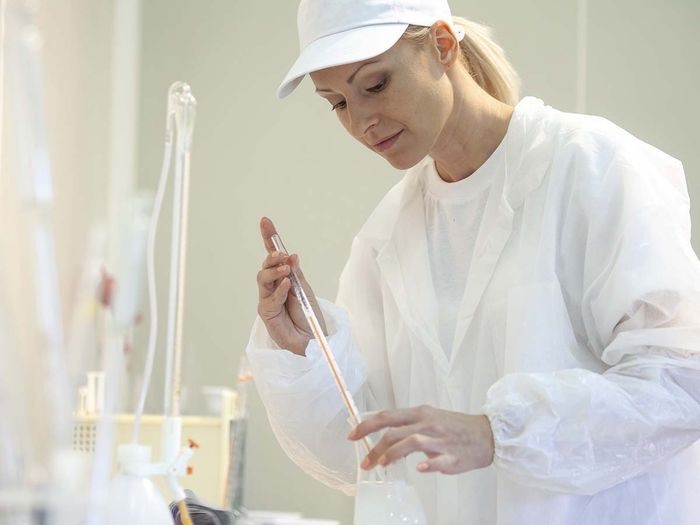A Guide To Cheese Testing For Producers
Food testing in a laboratory setting is important in ensuring that all foods are safe to eat and also meet quality standards. For many animal products, including cheese, testing can be a bit more complicated. If you are a producer of cheese and want to keep your customers safe from food-borne illness, you need to have reliable, effective, and consistent laboratory testing performed.
At Alliant Food Safety Labs, we offer a wide range of food testing services, including many specifically for cheese products. Here is more information about our laboratory cheese testing process and why it is important to have all cheese products tested in these ways.

Finding the Right Cheese Testing Lab
When choosing a food testing laboratory, it is important to find one that has experience with a variety of cheese products — not all labs have the same capabilities or equipment when it comes to testing all of the different types of cheese.

What the Tests Are Looking For
When cheese and cheese products are tested, there are a few things that are being looked for. Food tests on cheese will analyze its appearance, smell, taste, texture, and more, cross-matching the results to what is essentially a “goal cheese”, or the type of cheese you have intentionally produced. This is important because, well, some cheeses like blue cheese will have a white, moldy appearance and a pungent smell, but they’re meant to be that way — on the contrary, if these same characteristics were present on a block of cheddar, for example, the cheese would not pass the lab test.

Types of Cheese Testing
There are a few food safety tests that can be performed on cheese to ensure its food safety. These include:
Microbiology Analysis — Testing of naturally-occurring microorganisms, antioxidants.
Chemistry Analysis — Tests for potential additive, contaminant, and pathogen levels in food products.
Allergen Analysis — Test for the presence of or cross-contamination of food allergens.
Potable Water Analysis — Test shelved drinking water for healthy consumption or not.
Shelf Life Challenge Study — Estimate how long your food products’ lifespan will be in stores.
Additionally, there are some tests done on the milk used to make the cheese, examining pasteurization levels, and more. Depending on the type of cheese you are producing, there will be different tests that will need to be performed on your products to ensure that they meet safety and quality standards.

How to Submit Cheese for Testing at a Lab
Many laboratories for food testing allow you to send in your samples of food. For cheese producers, this is no different — simply find the right lab that fits your cheese testing requirements and you should be able to safely send your products to them for testing. Additionally, you can also be lucky and have a lab that meets your requirements near your production vicinity, and you should also be able to bring any cheese samples for testing in person, but be sure to contact the lab in advance.
If you’re a cheese producer and are looking for a reliable laboratory to test your products, look no further than Alliant Food Safety Labs. We make it easy to submit your cheese samples for testing for a wide range of food testing services, and more, including Nutritional Facts Labeling services. Simply contact us today and let us know about your cheese testing needs and we’ll get you set up to send your samples in!
